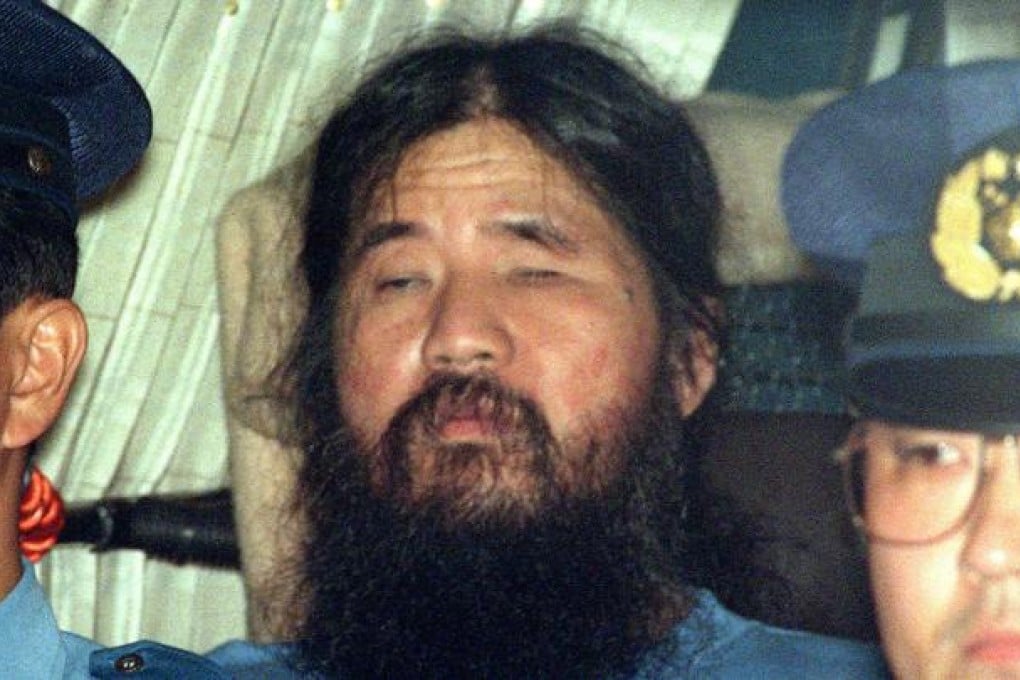Japan's LDP 'playing politics' with death penalty
Rights groups criticise LDP for presiding over three hangings after just two months in power

It was shortly after dawn on February 21 when Kaoru Kobayashi was informed that it was to be his last day alive. Officers at the Osaka Detention Centre told the former newspaper delivery man that the justice minister had signed the paperwork to allow his execution to go ahead.
Kobayashi, 44, was given a suspended sentence in 1989 for sexually assaulting eight children and served three years for attempting to kill a girl aged five in 1991. In November 2004, he kidnapped an elementary schoolgirl named Kaede Ariyama in the city of Nara.
Police believe Kobayashi drowned the girl after sexually assaulting her, then used the girl's mobile phone to take a photo of her and sent it to her mother with the message "I've got your daughter".
Ariyama's body was found the same evening, missing some teeth that Kobayashi had wrenched out after killing her.
Nearly a month later, as the hunt for the killer went on, Kobayashi sent another e-mail on the mobile phone to the girl's mother, saying, "I'll take her baby sister next".
Kobayashi's reaction to the news that he would be hanged is not known, as his legal team and family were informed that the sentence had been carried out later in the day.
Two other death-row prisoners were hanged the same day. Masahiro Kanagawa, aged 29, had been found guilty of killing one man and injuring seven others in a random knife spree in Ibaraki prefecture in 2008, while 62-year-old Keiki Kano was executed for the murder of a bar owner in Nagoya in March 2002.